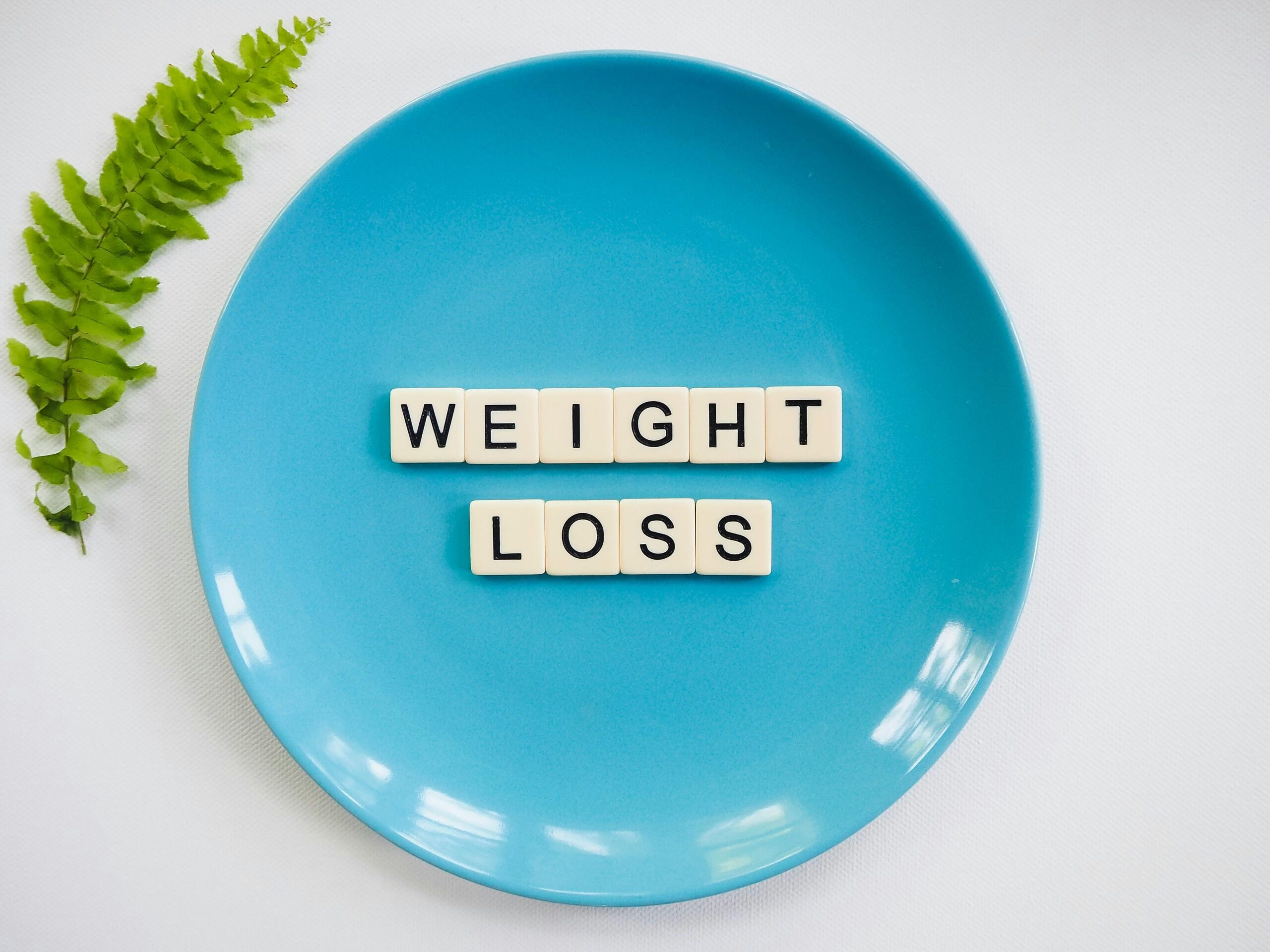Intermittent fasting (IF) has become one of the most popular health and fitness trends. From weight management to improved metabolic health, this eating pattern promises numerous benefits. But what exactly is intermittent fasting, and how can you incorporate it into your lifestyle? Let’s dive in.
Table of Contents

What is Intermittent Fasting?
Intermittent fasting is not a diet but an eating pattern that alternates between periods of fasting and eating. It focuses on when you eat rather than what you eat. The idea is to give your body a break from constant digestion, allowing it to focus on repair and fat-burning processes.
Popular Intermittent Fasting Methods
- 16/8 Method: Eat during an 8-hour window (e.g., 12 PM to 8 PM) and fast for 16 hours.
- 5:2 Diet: Eat normally for five days a week and reduce calorie intake to 500–600 on two non-consecutive days.
- Eat-Stop-Eat: Involves fasting for 24 hours once or twice a week.
- Alternate-Day Fasting: Alternate between fasting and normal eating every other day.
- Warrior Diet: Eat small amounts of raw fruits and vegetables during the day and a big meal at night.

Benefits of Intermittent Fasting
Weight Loss
Fasting can reduce calorie intake and promote fat-burning by increasing metabolic rate. It also helps curb late-night snacking.
- Improved Metabolic Health
Intermittent fasting improves insulin sensitivity, reducing blood sugar levels and the risk of type 2 diabetes. - Enhanced Brain Function
Fasting may boost brain health by promoting the production of brain-derived neurotrophic factor (BDNF), which supports cognitive function and memory. - Cellular Repair and Longevity
During fasting, the body initiates autophagy, a process where cells remove damaged components, potentially slowing aging. - Reduced Inflammation
Studies show that intermittent fasting may reduce markers of inflammation, a key driver of many chronic diseases.

Risks and Side Effects
While intermittent fasting has numerous benefits, it’s not for everyone. Here are some potential risks:
- Hunger and Fatigue: Adjusting to fasting can cause low energy levels, especially at the start.
- Overeating: Restricting eating times might lead to binge-eating during feeding windows.
- Not Suitable for Everyone: Pregnant or breastfeeding women, those with eating disorders, or people with certain medical conditions should avoid fasting.
- Headaches or Irritability: Known as the “fasting flu,” this can occur as the body adapts to fewer eating hours.
How to Get Started with Intermittent Fasting
Start Gradually
Begin with a 12-hour fasting window and extend it as you get comfortable.
- Stay Hydrated
Drink water, herbal teas, or black coffee during fasting periods to stay hydrated and curb hunger. - Focus on Nutrient-Dense Foods
Break your fast with whole, unprocessed foods like vegetables, lean protein, and healthy fats to maximize benefits. - Listen to Your Body
If you feel excessively tired or unwell, consult a healthcare professional and adjust your fasting approach.

Who Should Avoid Intermittent Fasting?
Intermittent fasting isn’t suitable for:
- People with eating disorders.
- Those with low blood sugar or hypoglycemia.
- Pregnant or breastfeeding women.
- Individuals on certain medications.
Frequently Asked Questions
Can I drink water while fasting?
Yes, water, herbal tea, and black coffee are allowed during fasting periods.
- Will fasting slow down my metabolism?
No, short-term fasting actually boosts your metabolism. - Is it necessary to follow a specific diet with IF?
No, but a healthy, balanced diet enhances the benefits of intermittent fasting.
Conclusion
Intermittent fasting is a flexible and scientifically backed eating pattern that can benefit both your body and mind. However, it’s not a one-size-fits-all solution. Consult with a healthcare professional before starting, especially if you have any health conditions.
At Health Authentica, we aim to provide you with reliable health insights. Reach out to our team of healthcare experts if you have any questions about intermittent fasting or other wellness topics.










